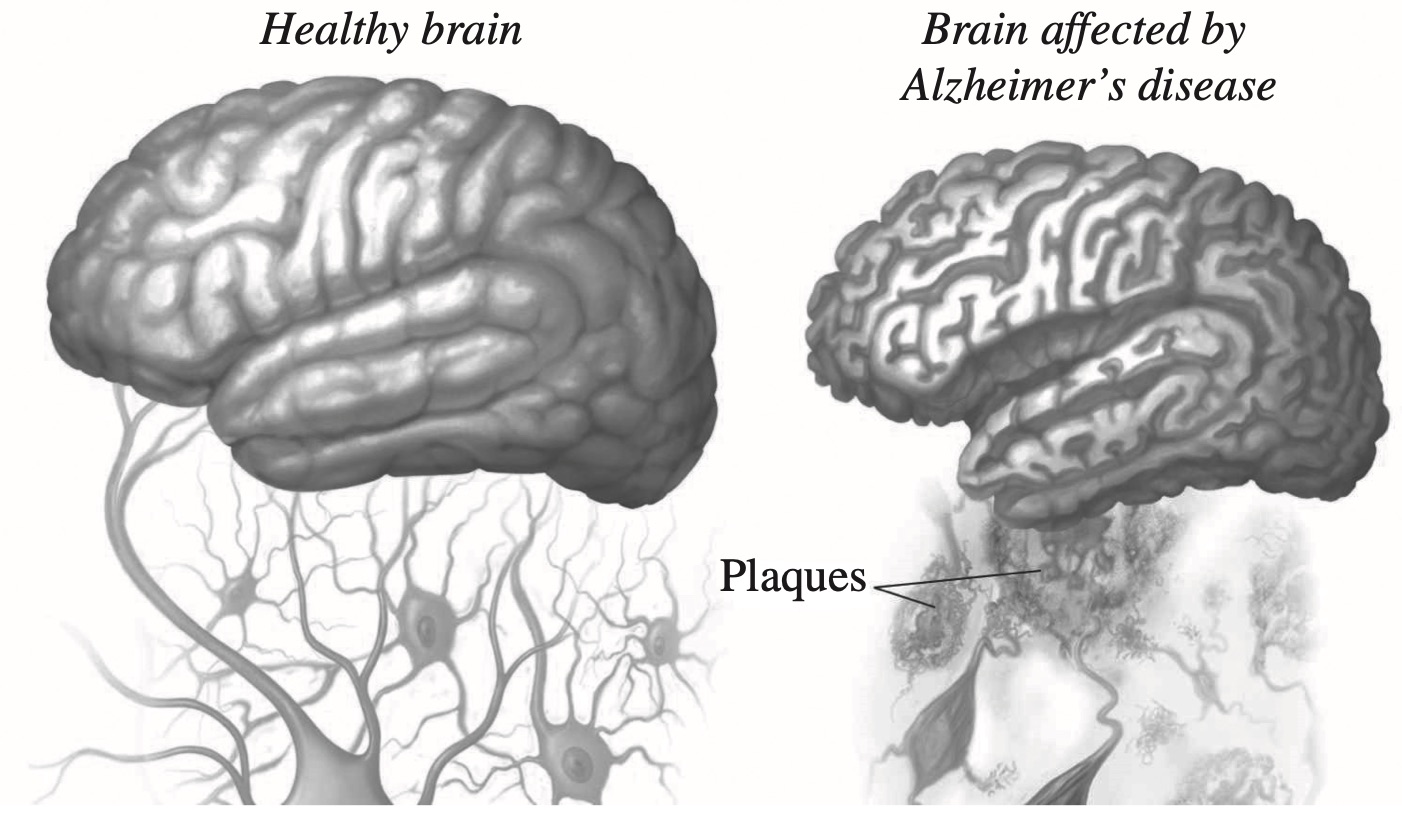- Provide an example of a genetic non-infectious disease and how develops at the genetic level. (1 mark)
--- 3 WORK AREA LINES (style=lined) ---
- Describe TWO major effects of the disease on the human body and why these occur. (2 marks)
--- 5 WORK AREA LINES (style=lined) ---
Show Answers Only
a. Answers could include one of the following:
Cystic Fibrosis
- Cystic fibrosis develops when a person inherits two faulty copies of the CFTR gene (one from each parent), resulting in defective chloride channels in cell membranes.
Huntington’s Disease
- Huntington’s disease is caused by inheriting a dominant mutated copy of the HTT gene, resulting in the production of abnormal huntingtin protein.
b. Answers could include one of the following:
Cystic Fibrosis
- The defective chloride channels cause mucus to build up in the lungs, leading to frequent chest infections and breathing difficulties because bacteria become trapped in the airways.
- The same mucus also blocks pancreatic ducts, preventing digestive enzymes from reaching the intestines, which results in poor nutrient absorption and growth problems.
Huntington’s Disease
- The abnormal protein accumulates in brain cells, causing progressive death of neurons that control movement, leading to uncontrolled jerking and twitching movements.
- The protein buildup also affects regions of the brain controlling cognitive function, resulting in progressive memory loss and personality changes as these neural networks deteriorate
Show Worked Solution
a. Answers could include one of the following:
Cystic Fibrosis
- Cystic fibrosis develops when a person inherits two faulty copies of the CFTR gene (one from each parent), resulting in defective chloride channels in cell membranes.
Huntington’s Disease
- Huntington’s disease is caused by inheriting a dominant mutated copy of the HTT gene, resulting in the production of abnormal huntingtin protein.
b. Answers could include one of the following:
Cystic Fibrosis
- The defective chloride channels cause mucus to build up in the lungs, leading to frequent chest infections and breathing difficulties because bacteria become trapped in the airways.
- The same mucus also blocks pancreatic ducts, preventing digestive enzymes from reaching the intestines, which results in poor nutrient absorption and growth problems.
Huntington’s Disease
- The abnormal protein accumulates in brain cells, causing progressive death of neurons that control movement, leading to uncontrolled jerking and twitching movements.
- The protein buildup also affects regions of the brain controlling cognitive function, resulting in progressive memory loss and personality changes as these neural networks deteriorate
